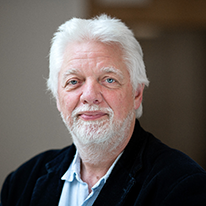
Democratic politics is constantly short of time in the face of rapid societal change. Slow-motion democracy cannot keep up with high-speed society. Why and how is social acceleration – defined as the progressively faster rate of technological, social and life-pace change –impairing the problem-solving capacity of liberal democracy and what to do about it?
The increasing pace of change continuously causes new social problems to appear and amplifies the demand for rapid and effective policy responses to deal with them. Policy makers must acquire a “more–faster–better attitude” in response to high-speed society, but such a remedy clashes with the time-consuming requirements (e.g. extensive deliberation and negotiation) and conditions (e.g. lengthy constitutional and law-making procedures) of liberal-democratic problem solving.
A pressing dilemma for democratic problem solving has emerged. Either the political system speeds up decision-making processes by toning down, circumventing and eliminating slow democratic procedures, or democratic procedures are held on to at the cost of effective and swift problem solving.
Project title:
High Speed Society, Slow Motion Democracy: Assessing why and how social acceleration is impairing the problem-solving capacity of liberal democracy and what to do about it
Area of research:
Comparative political science
Fellowship period:
1 Feb 2020 - 31 Jan 2021
Fellowship type:
Jens Christian Skou fellow

This fellowship has received funding from The Aarhus University Research Foundation.